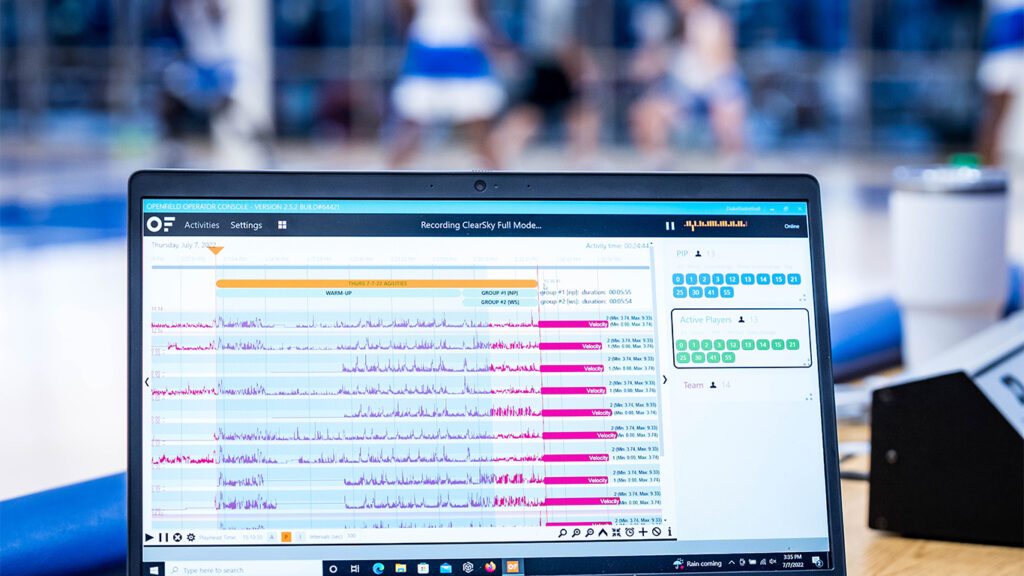Sports marketing has changed considerably over the last two decades. With the introduction of digital technologies and instant internet communication, it has become more important than ever for marketers to incorporate business intelligence (BI) into what they do. Partners like KORE bring it all together with business intelligence for sports.
This leads to the question of the role business intelligence plays in sports marketing. As you might expect, it is not just one thing. BI’s role encompasses a broad range of ideas and solutions. At the heart of it all is data.
Data Driven Decision Making
Business intelligence for sports is rooted in sound data. Organizations like KORE put a high priority on quality data because they know that transforming sports marketing depends on data driven decisions.
Data driven decision making is rooted in analyzing large amounts of data from every applicable source. Data is analyzed to identify trends and patterns, predict fan behavior and preferences, and make strategic decisions that, compared to acting on mere intuition alone, lead to more success.
Sports Marketing That Engages

Sports teams and promoters need fans to be engaged. But waiting until they attend the event falls short of what is possible. On the other hand, incorporating BI to create more personalized experiences before an event happens prepares a team or promoter to engage when the moment arrives.
BI also leans into tailored marketing messages designed to get fans to come out. Those fans are segmented into various groups based on preferences, behaviors, and demographics. BI even facilitates optimized content delivery to get the messages delivered directly to segments through whatever channels they are most likely to interact with.
BI and Sponsorship Strategies
Sports marketing relies as much on sponsorships as it does on fan engagement. Teams and promoters need sponsors to help keep interest alive. As such, business intelligence for sports should include sponsorship strategies.
BI plays a role in how sponsorships are valued and activated. BI teams should be measuring sponsorship activation effectiveness in real time, while also providing sponsors real time data on fan engagement and brand exposure. Through this combined data, teams can develop more authentic sponsorship opportunities.
A big part of working with sponsors is to provide insights into fan behavior. BI teams can:
- Analyze in-event purchases and movement patterns.
- Track digital engagement via social media and mobile apps.
- Use purchase, movement, and engagement data to improve the overall fan experience moving forward.
When sponsors see this sort of data being leveraged and acted upon, they are more confident in continuing their sponsorships. And when sponsors are confident and on board, they become valuable partners in sports marketing.
Performance Analytics Tell the Story

The role of BI in transforming sports marketing does not end once an event is over. In fact, the best business intelligence for sports follows up with solid performance analytics. They tell the story. They let teams and sponsors know whether objectors were met.
In the same way player performance data can be leveraged to create compelling narratives that engage with fans, marketing performance data can keep both BI teams and sponsors engaged in a mutually beneficial relationship. Their joint sports marketing efforts are then more effective at reaching fans.
Business intelligence for sports isn’t just a marketing concept with no real-world application. In fact, it is just the opposite. Companies like KORE Software exist because business intelligence is crucial to marketing sports in the 2020s. If you are not sure how or why you should care, you might want to contact KORE. They excel in BI for sports marketing.







